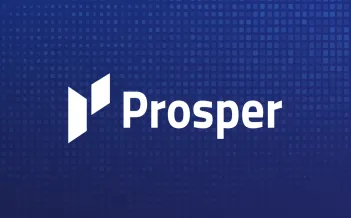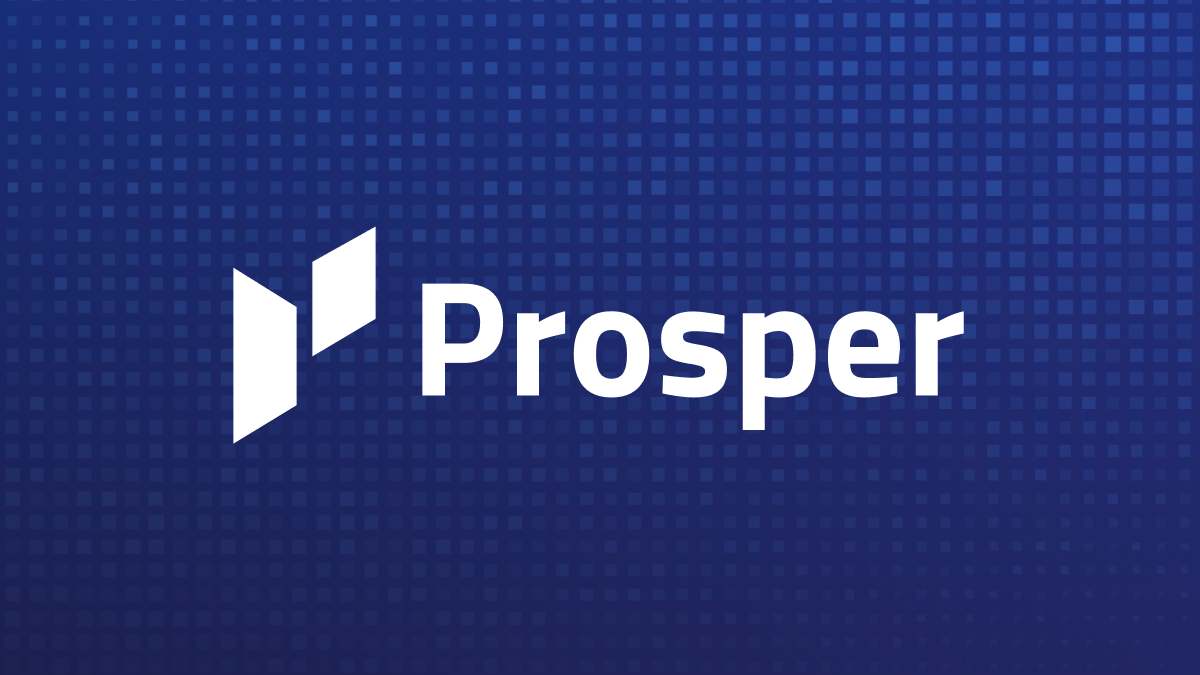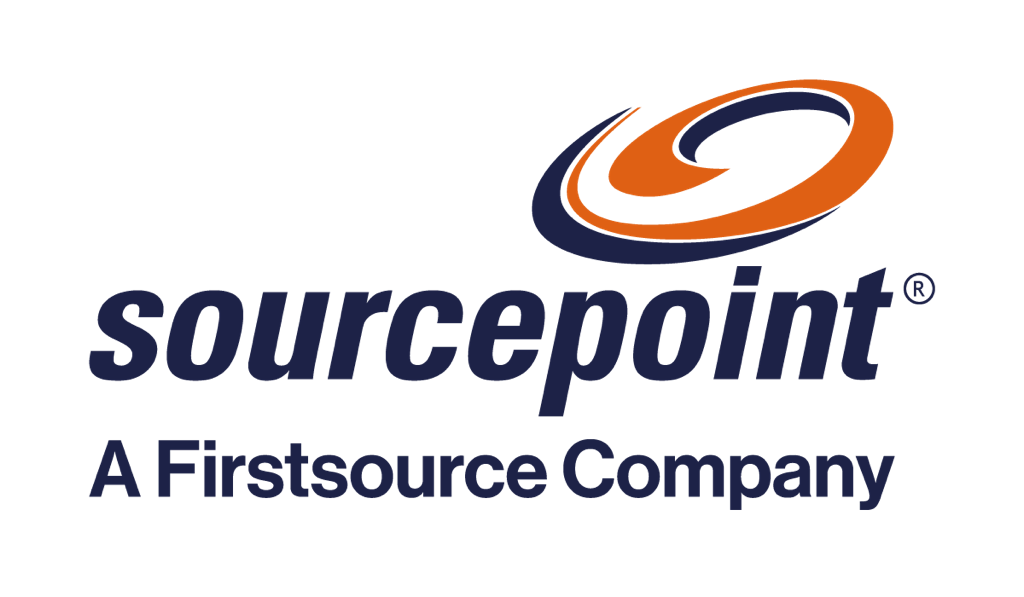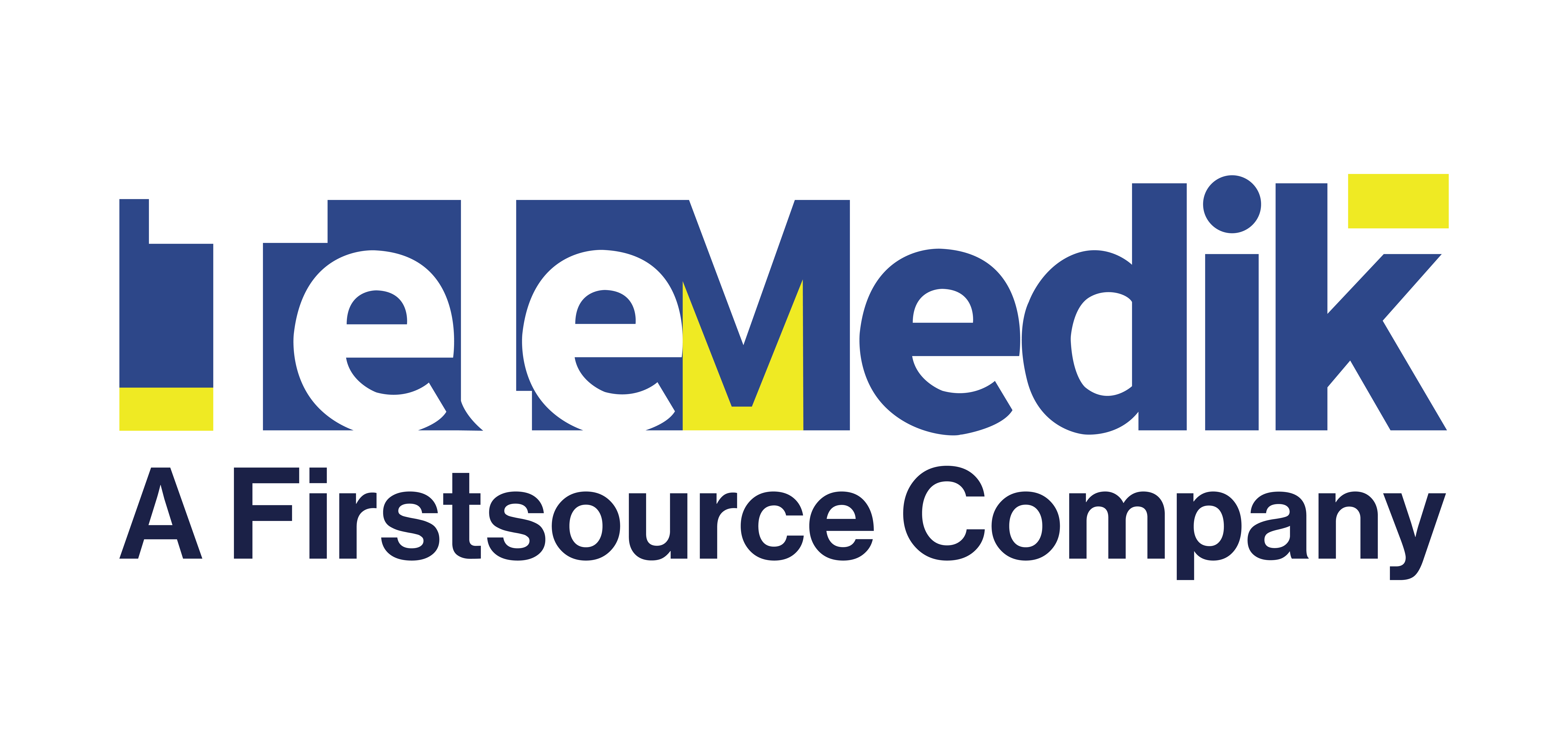Administrative operations are the backbone of any successful organization, including hospitals and healthcare institutions. However, manual Provider back-office operations overload employees with tedious, time-consuming, and never-ending processes. Operational processes such as scheduling appointments, processing insurance claims or submitting a prior authorization, are not only physically straining the hospital administrative staff across the US, but also financially taxing the healthcare system while shifting the focus of Providers – from patient care to handling administrative tasks.
With the rising number of patient visits to hospitals, this burden is only increasing, resulting in staggering administrative costs which represent a significant portion of Healthcare Providers’ overall annual expense. A recent study published in the Annals of Internal Medicine reveals that administrative costs contribute to 34.2% of all U.S. healthcare spending.1Denial management for Hospitals, one of the critical elements of successful revenue cycle management is a major contributor to this expense. US hospitals spend $262 billion annually on denial management alone.2
What is causing these high levels of expenditure? Well! On average, Health Plans deny 9% of hospital claims,3causing the administrative staff to be constantly engaged in denial management and appeals. If we calculate the average cost spent per claim and the time the administrative staff spends on denial appeal, it leaves the hospitals with a vicious cycle of claim denials, a workforce steeped in managing denials, and patients exasperated due to delayed or denied claims.
How can Providers optimize denial management services with Intelligent Automation?
Did you know 90% of insurance claim denials are avoidable?4And yet they continue to occur on a massive scale costing the average hospital $4.9 million.2
The reason – manual processes
Nevertheless, 31% of Healthcare Providers in the US continue to use manual processes for denial management.5This causes errors at several levels and across workflows, delaying the entire process and leading to more time and money spent per claim.
To reduce administrative costs and improve patient experience, Providers need to leverage Intelligent Automation– a combination of Robotic Process Automation (RPA), and Artificial Intelligence (AI) to streamline and accelerate the claim resolution process. Intelligent Automation can help accomplish basic tasks across applications by replicating manual human activity and accentuating it further by incorporating machine learning and decision-making logic into the process.
By utilizing Intelligent Automation at each level of claims management, Providers can benefit through:
- Accelerated performance – By automating repetitive tasks such as collecting and sorting claims, Intelligent Automation aids in faster resolution, providing administrative staff the time and energy to focus on higher-value work like patient care.
- Data accuracy – 14.6% of claims are denied due to missing or invalid data.4 Intelligent Automation helps digitize the documents by sorting and analyzing them in real-time. It helps capture accurate data by leveraging ML capabilities such as Optical Character Recognition (OCR), alleviating chances of errors and missing or invalid data. It also helps classify the documents according to pre-programmed categories, provides deeper insights, and reduces errors in data entry.
- Improved decision-making – By automating repetitive tasks and enabling deeper data analytics, Intelligent Automation helps business leaders quickly gather insights into business processes. This helps in making informed decisions for management of denials and increases revenue for Providers.
- Increased compliance – Healthcare institutions such as hospitals deal with huge amounts of sensitive and confidential data. With manual processes, there’s a greater chance of data breach and non-compliance. Intelligent Automation ensures compliance with data regulations, mitigating data errors, and the risk of a breach. This also prevents the confidential data from reaching unverified users with the help of encryption and layers of protection minimizing the risk of non-compliance.
- Enhanced customer experience – Intelligent Automation helps drive patient experience by bringing together intelligence and insights to help you better understand patient needs and provide them the experiences they want.
By leveraging Intelligent Automation, Providers can enjoy additional benefits such as:
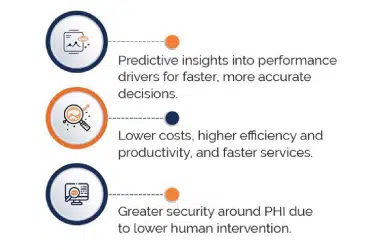

Managing claims denials is a complicated process, prone to human errors and inefficiencies, resulting in over-utilization of time and resources. Yet the outcome remains the same – delayed-unresolved claims, unhappy patients, and revenue loss for hospitals. Providers that pivot to patient-centric processes by leveraging Intelligent Automation and streamlining denials management will mitigate risks, prevent revenue leaks, and ensure financial stability.
Intelligent Automation is Robotic Process Automation (RPA) powered by Artificial Intelligence and cognitive technologies. It can help achieve exceptional accuracy and efficiency in data management while improving patient experience. IA can also bring down the cost of operations to a significant level resulting in faster revenue recognition.
At Firstsource, we combine our extensive automation expertise and deep understanding of Healthcare Provider financial management processes to help you quickly identify what to automate in order to achieve optimal outcomes. Various processes in revenue cycle management lend themselves to automation. By deploying bots in conjunction with Natural Language Processing (NLP) and automated data extraction capabilities such as OCR, Intelligent Automation drives end-to-end automation for unprecedented efficiency, compliance, and experience.
How Firstsource Can Help Healthcare Providers Stay Ahead With Intelligent Automation
Watch How Healthcare Providers can leverage Intelligent Automation
Firstsource offers Automation as a Service (AaaS), helping Healthcare Providers deploy Intelligent Automation across clinical and revenue management value chains, spanning the end-to-end patient journey as well as back-office administrative support. From automating core EHR functions and revenue cycle management to automating processes such as Prior Authorization, patient scheduling, eligibility verification, and physician credentialing, our Intelligent Automation solutions positively impact revenue, patient experience, and employee satisfaction.
Featured Resource
Download our eBook ‘Driving Impact at Scale with Intelligent Automation’ which serves as a complete implementation guide for Healthcare Providers.
Reference
- https://www.acpjournals.org/doi/10.7326/M19-2818
- https://www.modernhealthcare.com/article/20170627/NEWS/170629905/insurance-claim-denials-cost-hospitals-262-billion-annually
- https://www.beckershospitalreview.com/finance/denial-rework-costs-providers-roughly-118-per-claim-4-takeaways.html
- https://revcycleintelligence.com/news/31-of-providers-still-use-manual-claims-denial-management


